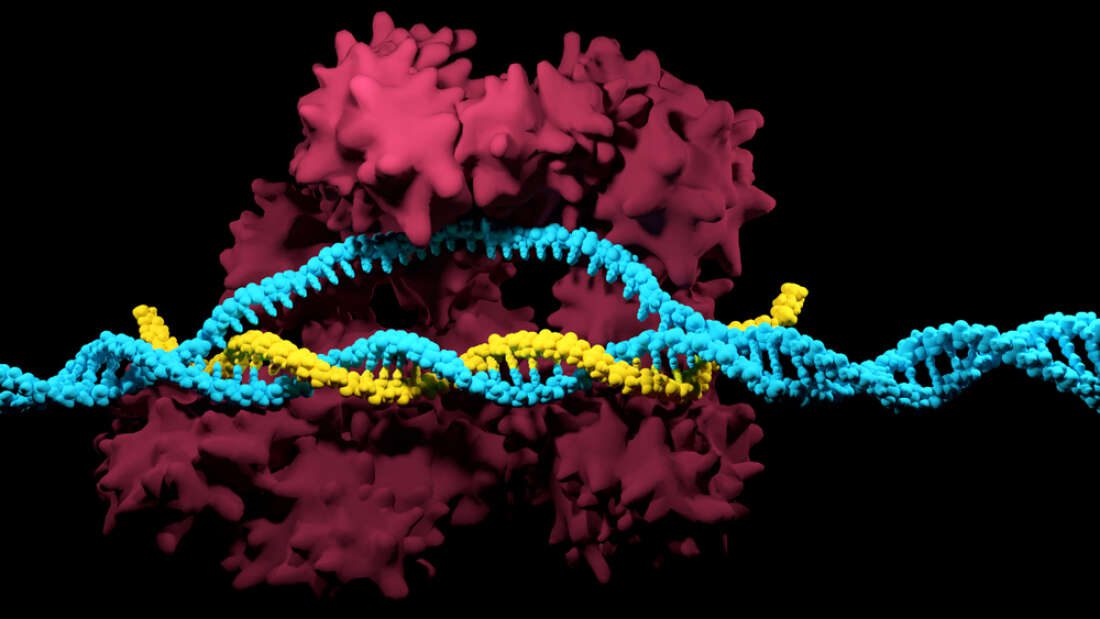
(IFLScience) — A revolutionary CRISPR-based gene therapy has shown impressive results in cell and mouse models, according to a study published in Science Advances. After just one injection of the nanoparticle-directed therapy, the average survival rate within one cancer model group was improved by 30 percent on average, while another with a different form of cancer received a boost of 80 percent.
“This is the first study in the world to prove that the CRISPR genome editing system can be used to treat cancer effectively in a living animal,” said Professor Dan Peer, head of the Laboratory of Precision Nanomedicine at the Shmunis School of Biomedicine and Cancer Research at Tel Aviv University, in a statement. “It must be emphasized that this is not chemotherapy. There are no side effects, and a cancer cell treated in this way will never become active again.”
CRISPR-Cas9 genetic editing has taken the medical world by storm since its debut in 2012, with the ability to directly target specific regions of DNA and either insert a desired sequence or fix a pathogenic mutation. CRISPR contains a small piece of RNA (single-stranded DNA) that guides Cas9 to a target location before Cas9 goes to work on the region by cutting the double-stranded DNA. The DNA will then get repaired, incorporating the new sequence designed by the researchers in the process. (…)
[button href=”https://www.iflscience.com/health-and-medicine/crisprbased-gene-editing-can-boost-survival-of-some-cancers-by-up-to-80-percent-study-suggests/” arrow=”true” new_tab=”true”]read full story[/button]:
Categories
